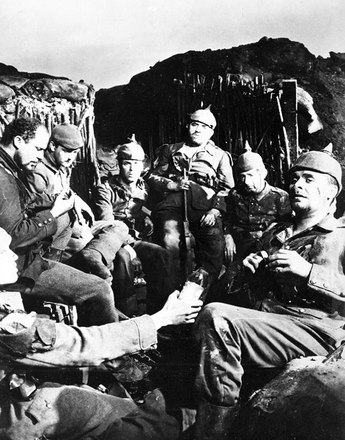Peace and language – peace and the Esperanto movement
Tuider, Bernhard: „Wie Sie sehen, war Ihre Anregung, Esperanto zu lernen, nicht vergebens.“ – Beziehungen zwischen Esperanto- und Friedensbewegung vor dem Ersten Weltkrieg, in: biblos. Beiträge zu Buch, Bibliothek und Schrift, Heft: Sondersprachen, Kunstsprachen, 2/2011, 29–49
Quotes:
„parallel movements“ : quoted from: Tuider, Bernhard: „Wie Sie sehen, war Ihre Anregung, Esperanto zu lernen, nicht vergebens.“ – Beziehungen zwischen Esperanto- und Friedensbewegung vor dem Ersten Weltkrieg, in: biblos. Beiträge zu Buch, Bibliothek und Schrift, Heft: Sondersprachen, Kunstsprachen, 2/2011, 30
„Esperanto can rightly claim to be a universal lingua franca...“: Alfred H. Fried to Fritz Mauthner, 22.04.1904, LON, IPM, Fried Papers, Box 68, quoted from: Tuider, Bernhard: „Wie Sie sehen, war Ihre Anregung, Esperanto zu lernen, nicht vergebens.“ – Beziehungen zwischen Esperanto- und Friedensbewegung vor dem Ersten Weltkrieg, in: biblos. Beiträge zu Buch, Bibliothek und Schrift, Heft: Sondersprachen, Kunstsprachen, 2/2011, 40
-
Kapitel
- “Lay down your arms” – Bertha von Suttner, the most prominent Austrian peace activist
- ‘The Austrian Society of Friends of Peace’– a brief episode?
- Alfred H. Fried and the peace movement during the war – censorship and derision
- ‘The League of Austrian Women’s Associations’ and the end of peace activities
- The Hague or the “betrayal” of the warring nation
- ‘… and tomorrow we will start cheerily canvassing for peace.’
- Peace and social issues
- The idea of the ‘peace-loving woman’?
- Peace and the Church – Thou shalt not kill!
- Peace and language – peace and the Esperanto movement
- Para Pacem – an Austrian peace movement with a difference
- Individual peace initiatives – Julius Meinl and Heinrich Lammasch
- ‘… surely this war must end some time?!’






